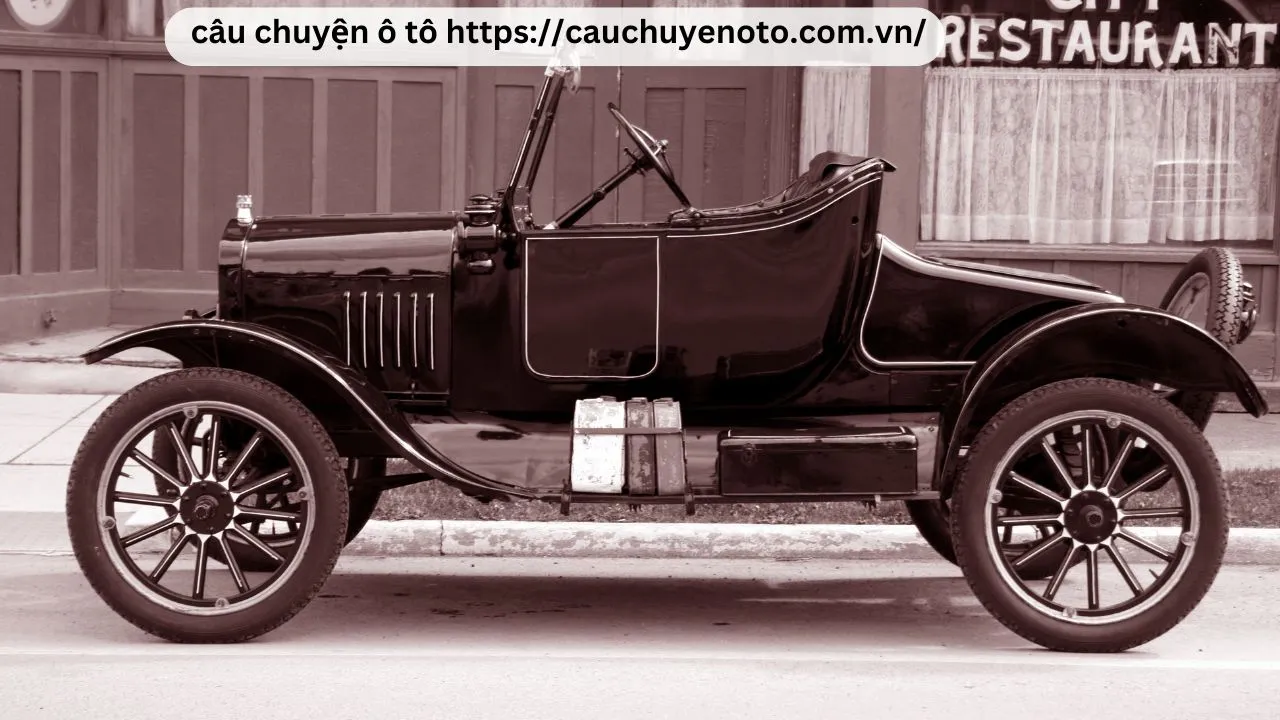Have you ever stumbled upon a fascinating science story online, only to question its legitimacy? In today’s information age, where science news and discoveries flood our screens, discerning truth from fiction can be a challenge. This is where platforms like Worldwidesciencestories come into play, aiming to captivate audiences with science narratives. But can we trust these stories as a reliable source of scientific information? This blog post delves into the intriguing world of Worldwidesciencestories, exploring its content, investigating its credibility, and ultimately, answering the question: is it science or fiction?
Unveiling the World of Worldwidesciencestories
Worldwidesciencestories offers a diverse range of science-themed content. From captivating articles to visually engaging infographics, it tackles a broad spectrum of scientific topics, from the depths of space exploration to the intricate workings of the human body. The writing style leans towards the informal and conversational, making science stories seemingly accessible to a wide audience.
Investigating Credibility
In the realm of science communication, reliable sources are paramount. So, how do we assess Worldwidesciencestories’ credibility? One crucial aspect is author expertise. Are the stories written by qualified scientists or science communicators with a strong foundation in their field? Additionally, referencing plays a significant role. Does Worldwidesciencestories cite credible sources, such as peer-reviewed scientific journals or reputable scientific organizations, to support its claims? Ultimately, the core lies in scientific accuracy. Do the stories presented align with established scientific knowledge and understanding?
Examples: Fact vs. Fiction on Worldwidesciencestories
Let’s dissect a few specific stories from Worldwidesciencestories to illustrate this point. Imagine a story claiming a groundbreaking discovery of a new habitable planet. To fact-check this, we would consult credible sources from established space agencies like NASA or scientific publications detailing confirmed exoplanet discoveries. If no such evidence surfaces, the story leans towards fiction.
Conversely, a story exploring the potential health benefits of a specific plant compound might hold some truth. Here, we would delve into scientific databases and research articles to verify the existence and properties of the compound. If credible research supports the claims, the story falls under the factual category. However, the narrative might exaggerate the effectiveness or make unsubstantiated claims about curing diseases. In this case, the story would be partially factual, requiring a critical eye to discern truth from embellishment.
The Importance of Accurate Science Communication
The spread of misinformation in science can have serious consequences. Inaccurate information can mislead the public, hinder scientific progress, and even pose health risks. Critical thinking and evaluating information sources are crucial tools in navigating the vast landscape of science communication. Reputable sources, such as scientific journals, government science websites, and universities with strong science programs, offer a solid foundation for reliable information.
The Future of Worldwidesciencestories
Looking ahead, Worldwidesciencestories could enhance its credibility by incorporating transparency about author qualifications and editorial processes. Providing clear citations for referenced information would also strengthen its trustworthiness. Ultimately, fostering a platform that prioritizes scientific accuracy alongside captivating storytelling paves the way for a future where Worldwidesciencestories can ignite scientific curiosity while upholding the integrity of science communication.
Conclusion
So, is Worldwidesciencestories a haven for scientific truth or a breeding ground for fiction? The answer, unfortunately, isn’t a simple one. While some stories might be grounded in scientific fact, others may require a healthy dose of skepticism. When encountering information on Worldwidesciencestories, critically analyze the source, research the claims presented, and compare them with established scientific knowledge. Remember, a captivating story doesn’t guarantee scientific accuracy. By adopting a critical approach, you can become an empowered consumer of science information in the digital age.





